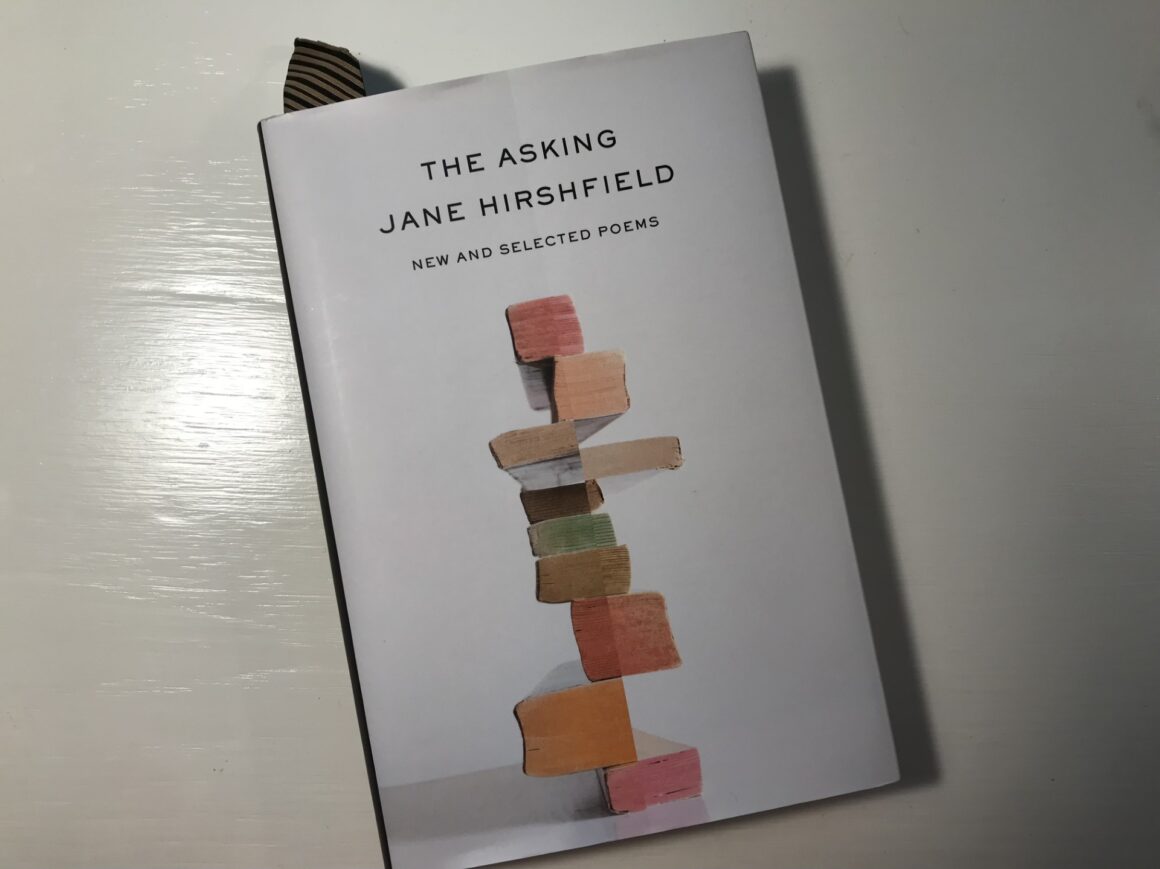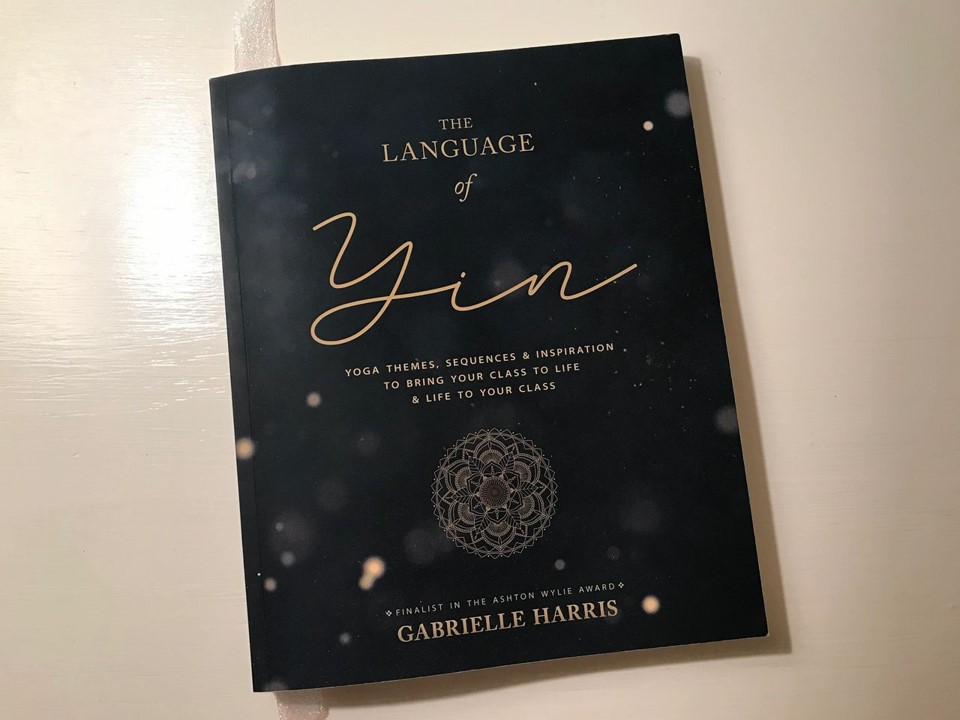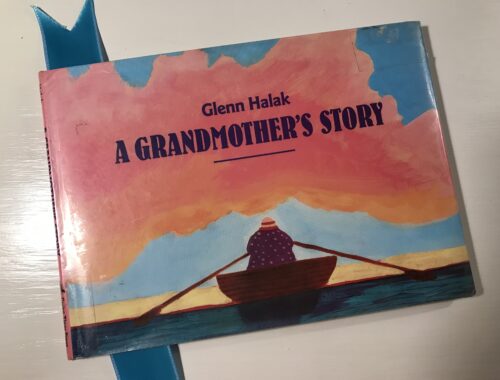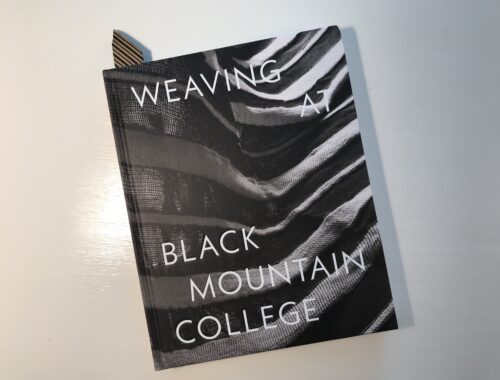
The Asking—and Responding
By themselves, Jane Hirshfield’s poems since her last collection—Ledger (2020)—would have comprised only a slim edition, but The Asking: New and Selected Poems (2023) is a hefty volume tracing the decades-long arc of a career; a curation benefiting from perspective; the revelations from the gathering of a lifetime’s interests and emergent themes. From the vantage point of our current moments, we begin reading the poems she wrote in our shared recent past, the almost just now, one of her poems dated the same day (four years ago!) my sons came home from college and graduate school because of pandemic closures. “Today, when I could do nothing,/“ she says, “I saved an ant./” From this and other granular moments of meditative observation, the longings for protectiveness and agency, she expands her attention to the rotations of the earth, its relationship to our sun, our relationship to them, in “Solstice”—“Take nothing for granted,/ you who were also opulent, a stung cosmos./“ She laments, in cool but poignant detail, what our humanity gets wrong—“To be a person is an untenable position./“—but in her listing of our tragic contradictions and failings, circles around to beautiful examples of humans’ charms, our dearness: “To be a person may be possible then, after all./“
From a variety of windows and doors in both titles and contents, openings and crossings, enterings and exitings, she ends the first section with her new poem “I Open the Window.”, the last line of which is the heartbreaking sound of “while this everywhere crying/“. And then she flies us decades backward in time, half a century across space, to selections from her first collection, Alaya, poems written over the years 1971 to 1982—from when she was 18 until she was 29—and brings us back again to the present, traveling steadily, the years and the poems from those years, of them, about them accumulating. With more of her doors and windows and the views and rain and insects and passages that traverse them, with many meals’ worth of milk and figs in pitchers and bowls, with the bodies and hands of humans and other creatures moving and quieting, we witness assurance growing, us along with her, the gift of her life and her words made manifest, the gift of our lives made sweeter for hers. “What about joy?/“ she asks, and we answer, along with her, “And still the room is full,/ and still the heart./“




